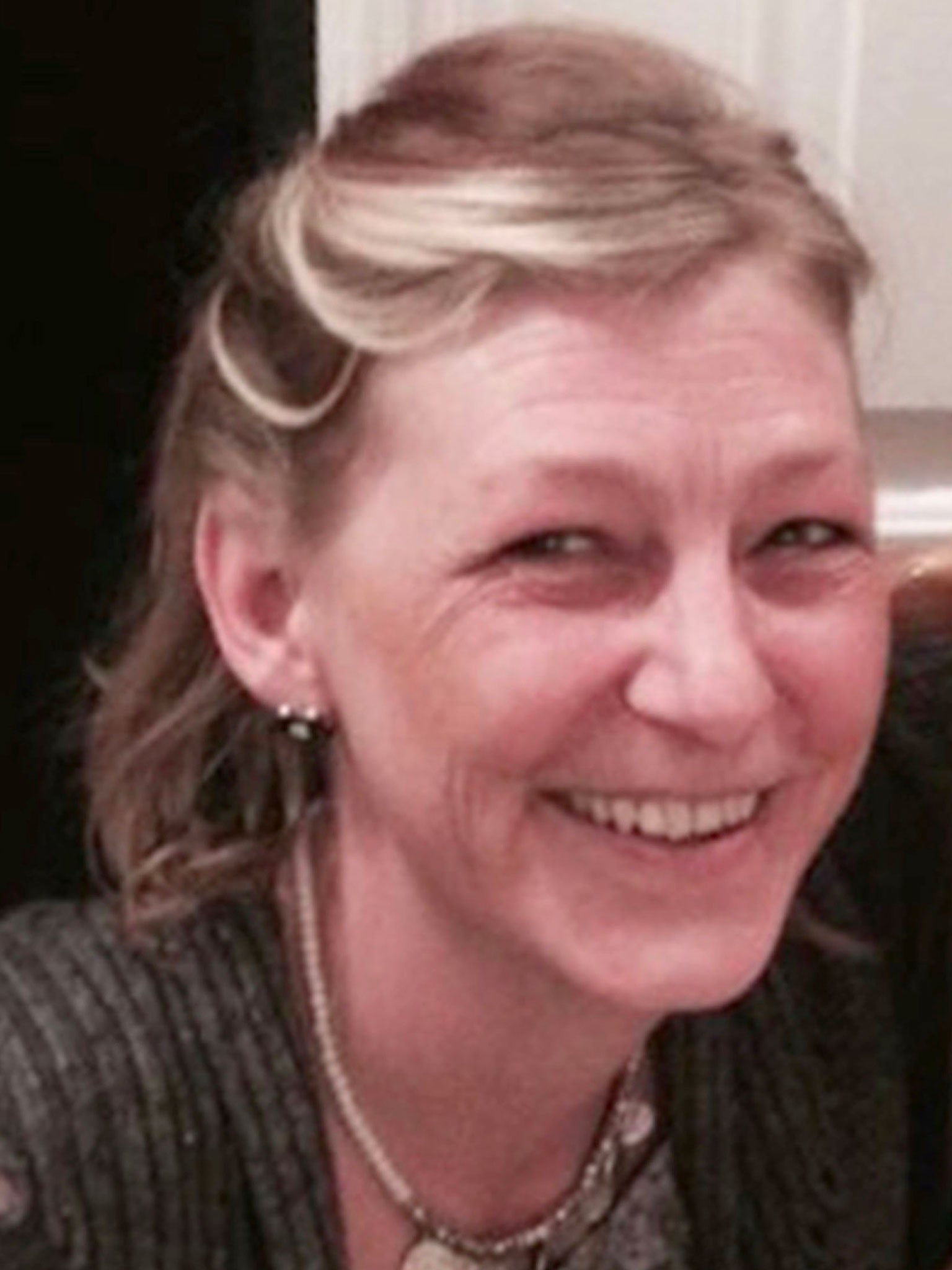Novichok poisoning: 'Unusual and increased activity' at Russian embassy in London around Salisbury attack
Kremlin continues to deny involvement one year after attack on Sergei Skripal
“Frantic and unprecedented” movement around the Russian embassy in London was monitored by intelligence agencies around the Salisbury attack, it has emerged.
MI5, MI6 and GCHQ reportedly investigated “unusual” activity in the days before and after Sergei and Yulia Skripal were poisoned with novichok a year ago.
A security source told the Press Association: “The intelligence agencies have been investigating unusual and increased activity at the Russian embassy in Kensington in the days leading up to and after the attack on the Skripals.”
The source, who has knowledge of the investigation, said lines of inquiry included looking at "frantic and unprecedented” movements observed at the time, adding: “As would be expected, the UK security services have eyes on known and undeclared foreign intelligence operatives.”
In the wake of the attack, which took place in Salisbury on 4 March 2018, the observations were “deemed to be significant and of interest”, it is understood.
The Kremlin has continued to deny any involvement in the poisoning, which later caused the death of mother-of–three Dawn Sturgess.
Police charged two alleged GRU agents - Alexander Mishkin and Anatoly Chepiga - with the attempted assassination of Mr Skripal in September.
Earlier this month, researchers identified a third suspect, fellow GRU operative Denis Sergeev, who travelled to Britain under the cover identity Sergey Fedotov at the time of the nerve agent attack.
The source did not rule out the possibility of there being more suspects than those already named and said inquiries were “not limited to the suspects already publicly declared.”
A police investigation continues and Metropolitan Police Commissioner Cressida Dick has said her officers will “never give up” trying to bring the culprits to justice.
The report came on the one-year anniversary of the poisoning, as Theresa May visited Wiltshire.
The prime minister said Salisbury was emerging “from the shadow cast by the use of chemical weapons on the streets of our country”, after local businesses were badly affected by the attack and decontamination work that finished last week.
“My thoughts today are very much with the victims, their friends and families, both in Salisbury, Amesbury and further afield,” Ms May. “They have shown remarkable strength, resilience and fortitude in the last year and I have no doubt will continue to do so.”
Downing Street's official Twitter account posted the tribute using a photo of Bath, instead of Salisbury. A spokesperson blamed "human error" for the mistake, which was later corrected.
Police believe novichok was smeared on the door of Mr Skripal’s house on the morning of 4 March, and the former Russian agent and his daughter collapsed in central Salisbury hours later after going for lunch.

A counterfeit perfume bottle containing the nerve agent was then picked up by local resident Charlie Rowley in June.
He gave it to his partner, Ms Sturgess, as a present and she fell ill at his Amesbury home after applying the substance directly to her wrists.
The mother-of-three died in hospital days later, while Mr Rowley, the Skripals and a police officer recovered following hospital treatment.
Ms Sturgess’s son, Ewan Hope, has written a letter to Vladimir Putin appealing for him to hand over the alleged assassins.
Chepiga and Mishkin are subject to Interpol red notices and European Arrest Warrants, but they returned to Russia on the day of the attack and the prospect of them leaving the country or being extradited appears slim.
“British police believe at least two Russian citizens were responsible for her death but it appears they are being protected by your state,” Mr Hope’s letter read.
“I am appealing to you as a human being to allow our officers to question these men about my mother’s murder. The least she deserves is justice.”
In September, Ms May told MPs the operation was “almost certainly also approved outside the GRU at a senior level of the Russian state” and expelled 23 suspected Russian spies from the London embassy in the largest move of its kind since the Cold War.

The suspects gave an interview to state-owned RT that generated global ridicule, after they claimed they were sports supplement salesmen who travelled to Salisbury two days in a row because of its “internationally famous” cathedral.
An academic report released on Friday accused Russian state media of providing “damage control” during the incident, influencing British outlets and spreading disinformation.
The Russian embassy has not yet responded to The Independent’s request for comment, but published its own report on the incident called “Salisbury: Unanswered Questions”.
Officials have accused the British government of refusing its offers of “cooperation” in the investigation and “fuelling anti-Russian hysteria”.
“The British government has yet to provide an official explanation of what happened, supported by proof,” a Russian embassy spokesperson said.
“The Embassy is calling upon the UK government to lift the veil of secrecy, ensure transparency of the investigation, allow a meeting with the two Russian nationals, and put an end to the blatant anti-Russian campaign in the media.”
Join our commenting forum
Join thought-provoking conversations, follow other Independent readers and see their replies
Comments
Bookmark popover
Removed from bookmarks